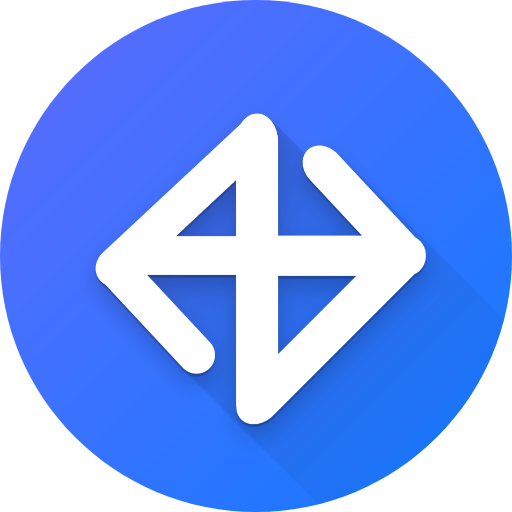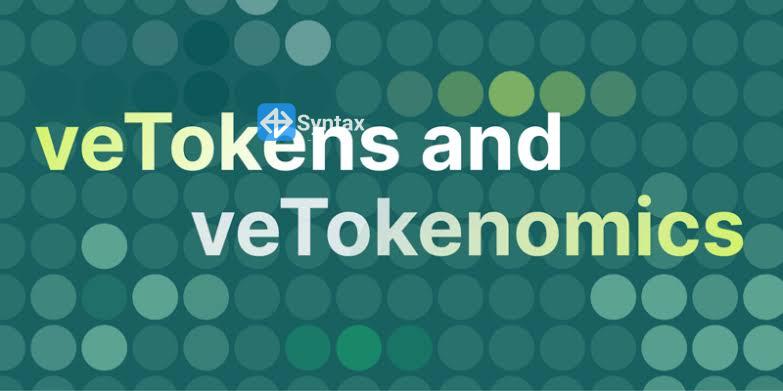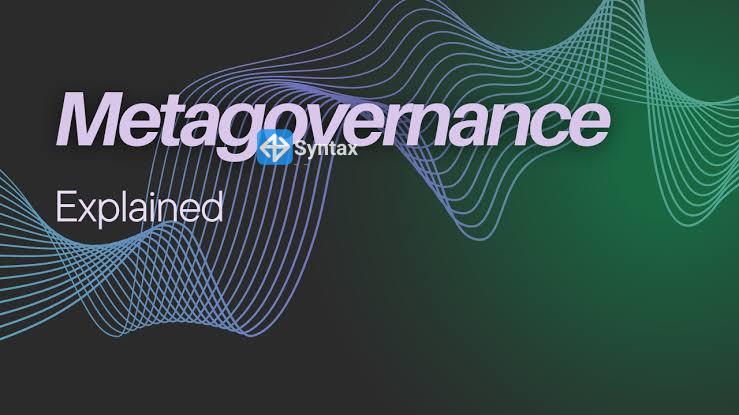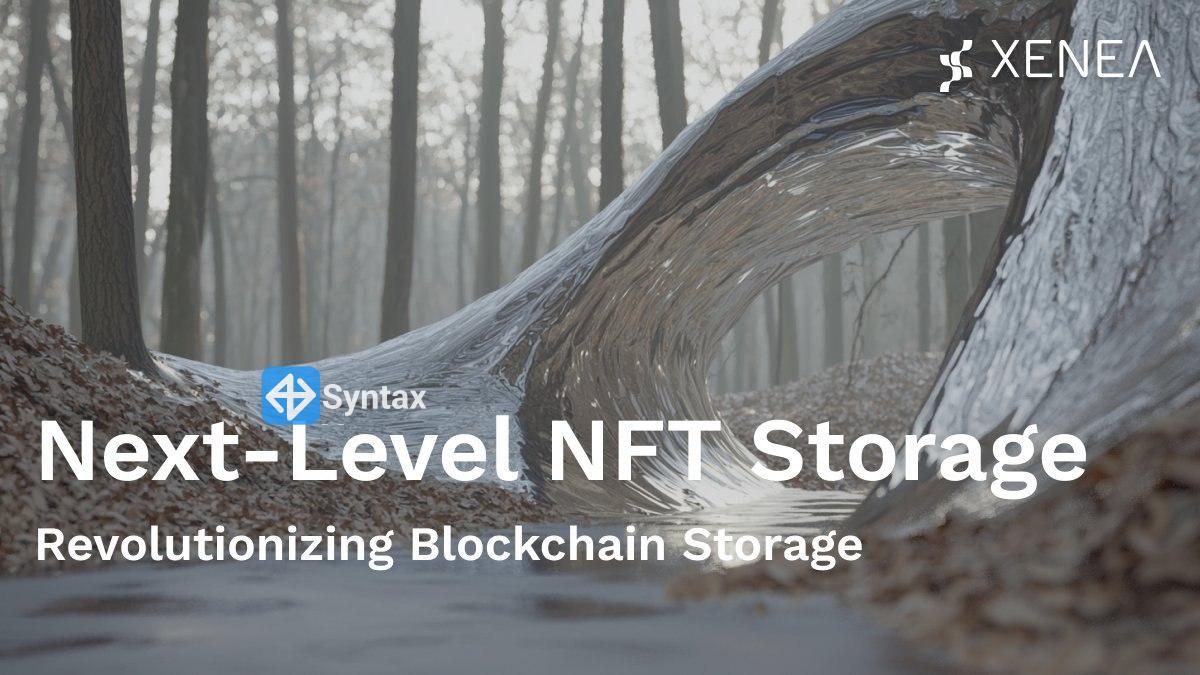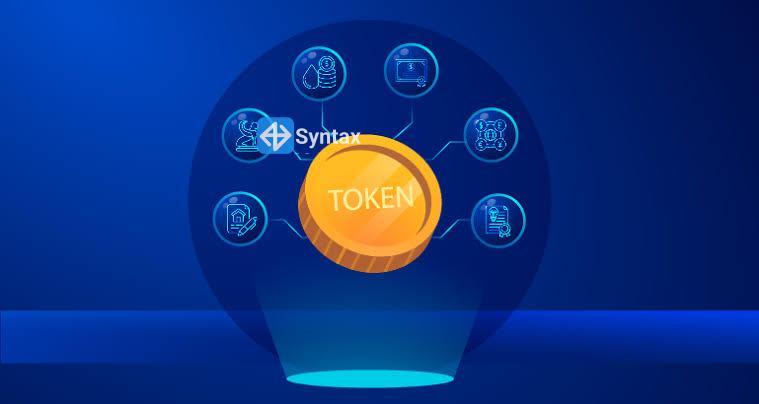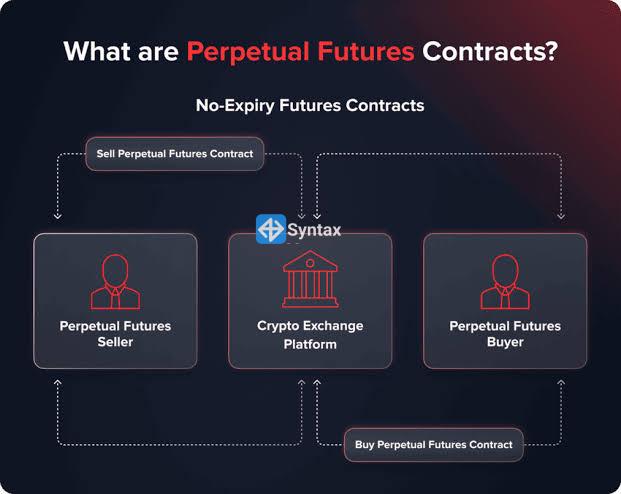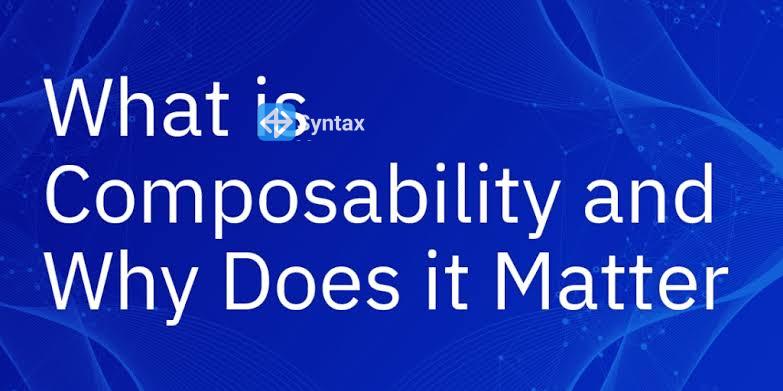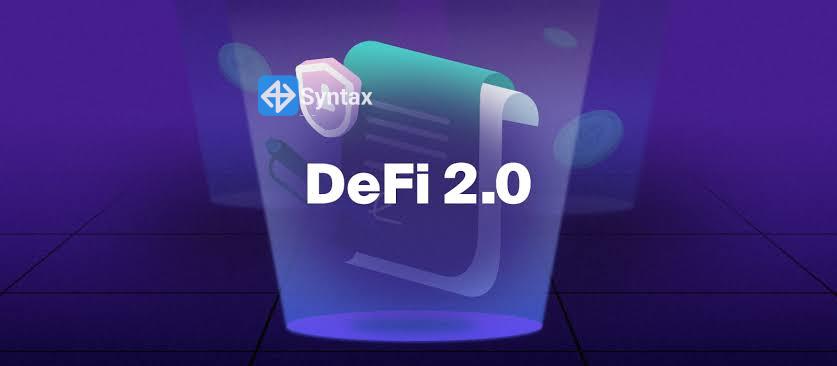Smart contracts are written in different programming languages depending on the blockchain platform. Here's a breakdown of the main programming languages used for smart contract development
🔧 1. Solidity
Platform: Ethereum and EVM-compatible chains (e.g., BNB Chain, Polygon, Avalanche)
- Type: High-level, object-oriented
- Syntax: Similar to JavaScript/C++
- Most popular smart contract language
- Used for: DeFi apps, NFT projects, DAOs, games
✅ Example: Uniswap, OpenSea, Compound
🐍 2. Vyper
Platform: Ethereum
- Type: Python-like, more restrictive than Solidity
- Focus: Security and simplicity
- No inheritance, limited built-in features — safer but less flexible
✅ Good for audit-heavy contracts
🦀 3. Rust
Platform: Solana, NEAR, Polkadot, Substrate
- Type: Systems programming language
- Focus: Speed, memory safety, concurrency
- Used with frameworks like Anchor (Solana) or Ink! (Polkadot)
✅ Example: Solana programs, Substrate-based blockchains
🪙 4. Move
Platform: Aptos, Sui
- Type: Resource-oriented language
- Focus: Safety, asset management
- Designed to avoid common smart contract bugs (like double-spending)
✅ Example: Aptos-based DeFi protocols
🧮 5. Cairo
Platform: StarkNet (ZK-Rollup on Ethereum)
- Type: Custom ZK-focused language
- Use case: Building scalable, provable smart contracts
✅ Example: StarkNet dApps and zero-knowledge proofs

